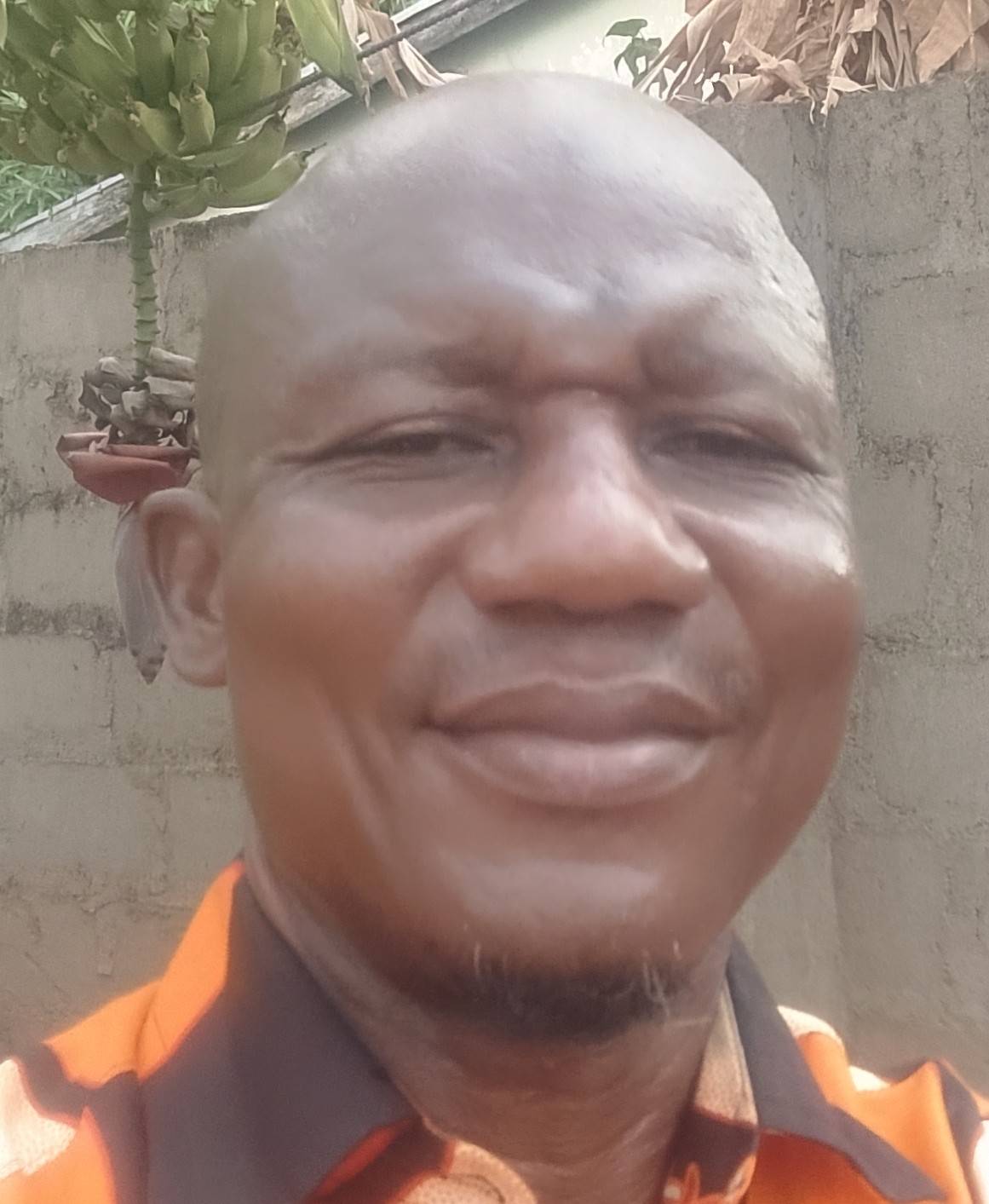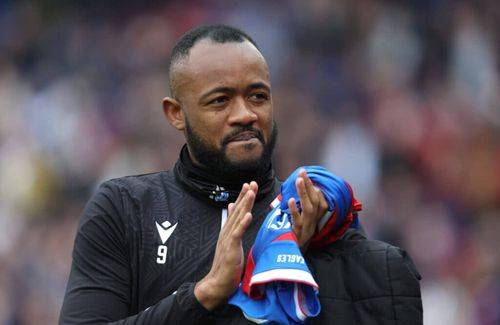The Future and the Status of Juvenile Sports in Ghana
Ghanaian juvenile sports have been the backbone of the nation's athletic development for decades, providing young talents with a platform to hone their skills and grow into professional sportsmen. Over the years, the country has seen great potential being produced by its schools, neighborhoods, and sporting clubs, which have turned the nation into a fertile sporting nation. However, despite the potential and energy of the youth, juvenile sports in Ghana has several setbacks that hinder its full development and operation.
Current State of Juvenile Sports in Ghana
Juvenile sports in Ghana are the sport activities that engage the youth and adolescents, aged between 5 and 18 years. The sports are likely to be applied through schools, local sports clubs, and local sports associations. While Ghana has had athletes of international standing in football, athletics, and boxing, there remain areas to be improved in sports facilities and systems for young people compared to international standards.
The central issue within the junior sport sector in Ghana is the lack of proper facilities. The majority of schools and local communities lack anything to unlock potential. The majority of stadiums are poorly maintained with no utilization or availability of specific equipment and units for training and development. Football grounds, athletic track facilities, as well as bare minimum necessary equipment such as footballs, sneakers, and dressing rooms are, for example, unavailable at hand. This is a situation that limits the exposure and chances for young players, and it becomes difficult for them to reach their full potential.
A further issue is lack of consistency and a systematic developmental program. Despite sporting activities and competitions having been held by some clubs and schools, they tend to be unplanned and disorganized across the country. There is no consistent national program that coordinates the progress of young sportsmen from the grass roots up to the elite level. Without a clear channel for progression, most talented players lose their way in the process, not progressing further with their talents.
Besides, coaching young athletes is also a critical issue. In most cases, coaches are inadequately trained, with little or no education on modern training techniques or youth athlete development principles. Such lack of knowledge can be detrimental to the growth of young athletes and can even lead to injuries or inappropriate training that may deny them long-term success.
The Role of Government and Private Sector
The Ghanaian government has pledged to develop juvenile sports, especially in terms of education and youth development. However, investment in the infrastructure, materials, and talent identification in sports is not coming. Boosting funding by the government is a critical function but more so through partnership with the private sector in the construction and upkeep of sporting programs.
The private sector is also important in juvenile sports development. The majority of Ghana's corporations and companies are in a position to sponsor sports programs, award scholarships, or invest in talent identification and nurturing schemes. Cooperation between private businesses, schools, and community sporting clubs could close the gap in resources and facilities. Corporate social responsibility (CSR) efforts can also assist in funding talent discovery and nurturing schemes.
The Way Forward
In order to improve Ghanaian sports among adolescents and bring forth the youth potential of the nation, the following must be implemented:
1. Improved Infrastructure: The government and local authorities must prioritize the building and upkeep of sporting facilities in schools and communities. This includes the construction of football pitches, athletics tracks, and sports halls. It also includes the supply of equipment to all schools regardless of their location or economic status.
2. Giving a Clear Line of Development: There should be a structured youth development system in place that supports the career development of young players from school competition to national and regional levels. This may involve talent search programs, coaching clinics, and mentoring for young players.
3. Coaching Education: Coaches must be adequately trained to handle young athletes, understanding their physical, psychological, and emotional needs. The establishment of a national coaching certification program can help improve coaching standards and ensure that juvenile athletes receive the best possible training.
4. Increased Investment: Government and the private sector need to invest more in youth sporting development. Public-private partnerships can achieve a lot in creating sustainable sporting programs and offering facilities for young players. Scholarships for talented players can also help fill the financial gap.
5. Creating Awareness and Engaging Communities: Sports need to be seen as catalysts for social change and youth empowerment tools. Awareness initiatives can be employed to create a culture of sports among communities, engage parents to encourage their children to play sport, and market the benefits of physical education to young people's lives.
6. Global Exposure: To enhance the quality of Ghanaian juvenile sports, there is a need to offer young players international exposure. Participation in international matches and foreign coaching can offer life-enriching exposure and allow young players to imbibe best practices worldwide.
Conclusion
The future of youth sports in Ghana can be glorious, but it is currently underutilized as a result of structural and systemic issues. Still, with coordinated effort by the government, private sector, and communities, the future of youth sports in Ghana can be promising. Through enhanced infrastructure, investment in coaching, and development pathways, Ghana can develop a robust sports culture that supports the development of young sportspersons
and results in more international success.



No comments yet
Be the first to share your thoughts!